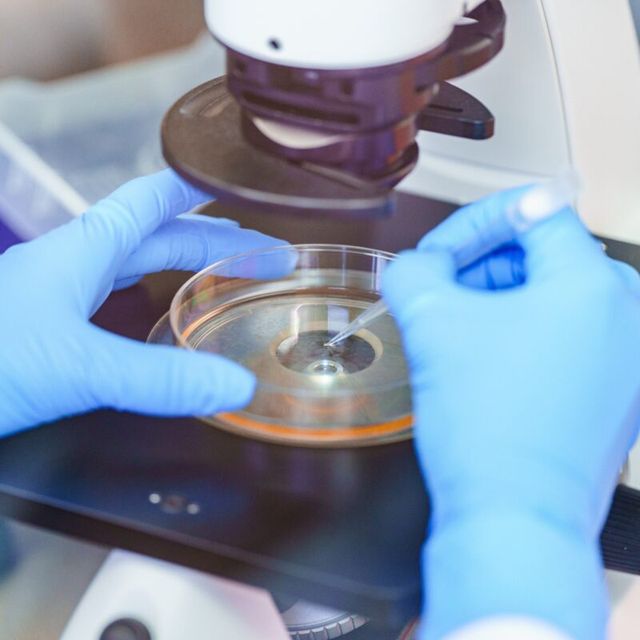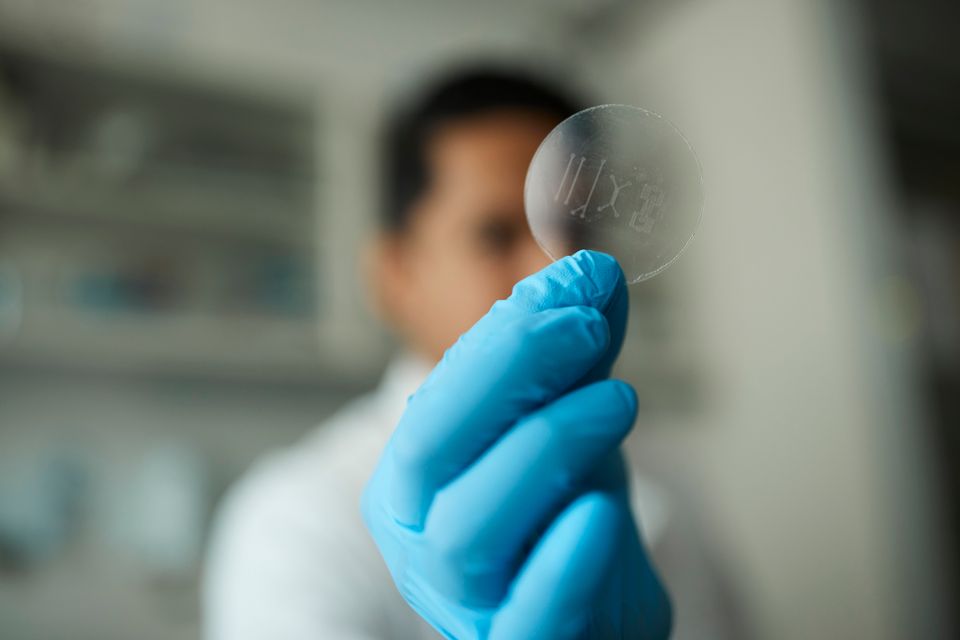Chemistry as key to medical innovation
Chemistry is playing an increasing role in medical science research. This is demonstrated by the recent ZonMw grants for three Leiden chemists, each contributing in their own way to innovations in healthcare. Their stories show how chemistry, biology and medicine come together in Leiden - and how that collaboration leads to new insights and treatment possibilities.
Leiden as an incubator for interdisciplinary research
What makes Leiden special is the close cooperation between different disciplines. Chemists work there every day with biologists, immunologists and medical researchers from LUMC and elsewhere. For researchers like Madeline Kavanagh, this is exactly the reason why they choose Leiden: short lines of communication, shared scientific questions and access to all facilities under one roof. It is precisely this interdisciplinary approach that turns out to be of great value when developing innovative treatment methods.



Stronger together: - From individual expertise to collective impact
Although the three researchers each have their own research direction and team, they share a common vision: chemistry is indispensable for medical progress. By actively contributing their expertise at conferences and within other fields, they have put chemistry's role firmly on the map. That commitment is now bearing fruit. The intensive collaboration within the institute - and beyond - not only strengthens their own work, but also its impact on the wider medical science field.
Research in action: three chemical projects for better care
The ZonMw grants enable three promising projects. From selectively influencing the immune system in inflammatory diseases to developing host-targeted therapies against mycobacteria, and refining CAR-T cell technology for autoimmune diseases. Each project shows how chemistry and medical biology reinforce each other - with the goal of better treatments for patients.

